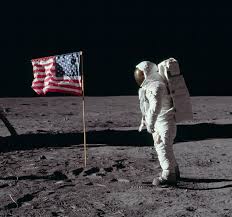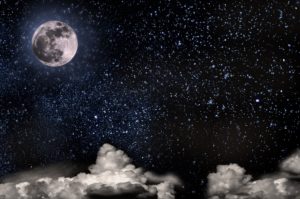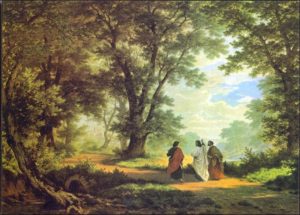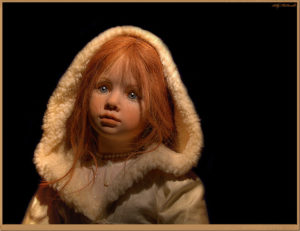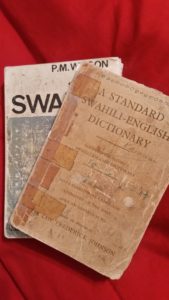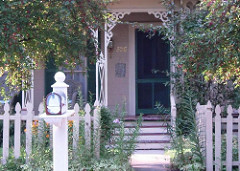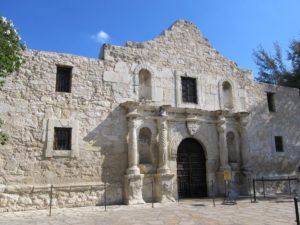
I nudged the clinic door. It opened and I inched toward a desk behind which sat a dark-haired middle-aged lady. The receptionist. A pain shot through my back at the waist line. My knees buckled but I caught myself, barely dodging a crash to the hardwood floor.
“Óh, sir!” Her concern was genuine. She indicated a chair. “Here. Right here.” I eased into it, contorting my limbs and back in a few deft maneuvers.
“The doctor will see you in just a minute. Another slow turn and I was seated, a trace of perspiration beading my eyebrows. Thanking her with a silent nod, I began filling the first-visit patient form. After a couple entries, I had relaxed enough to reflect on the event sixteen hours that brought me now to this house-turned-clinic.
A wry smile momentarily hijacked my features. If Francis could see me now.
Shortly before our San Antonio move, my co-worker at Tulsa’s North American Aviation had asked what job awaited me in the Alamo City. Now, between winces, I imagined his I-told-you-so if he could meet up with me today in this bone-cruncher establishment (the average chiropractor of the era hoped to see his specialty one day rise above the “snake-oil peddler” status it was often relegated to).
Well, Francis, it’s like this. Down at the corner of Caldera and Bandera there’s this Phillips 66 station. . .
Midafternoon yesterday I had grabbed two car tires, each of them encircling its own heavy rim. Lifting a heavy load while swiveling to another direction defied sound judgment. This insight was shouted to me from that waist line point along my spinal column.
But fifty minutes from entering Dr. Brown’s clinic I left convinced a miracle-worker had signaled magic to my miserable frame. Unlike at my entry, I exited the premises without a whimper. The bone-cruncher enterprise had won my vote.
This early encounter into our South Texas move served as a kind of preview for my wife Ann and me. Twists and turns of our movements ahead would usher in adventure, discovery. Pain would play its role.
How do you turn a Pentecostal into a Baptist, then to something other, and still retain qualities of each.
A fellow with the middle name of Worthy crossed my path. I was never the same.
©2017 Jerry Lout



